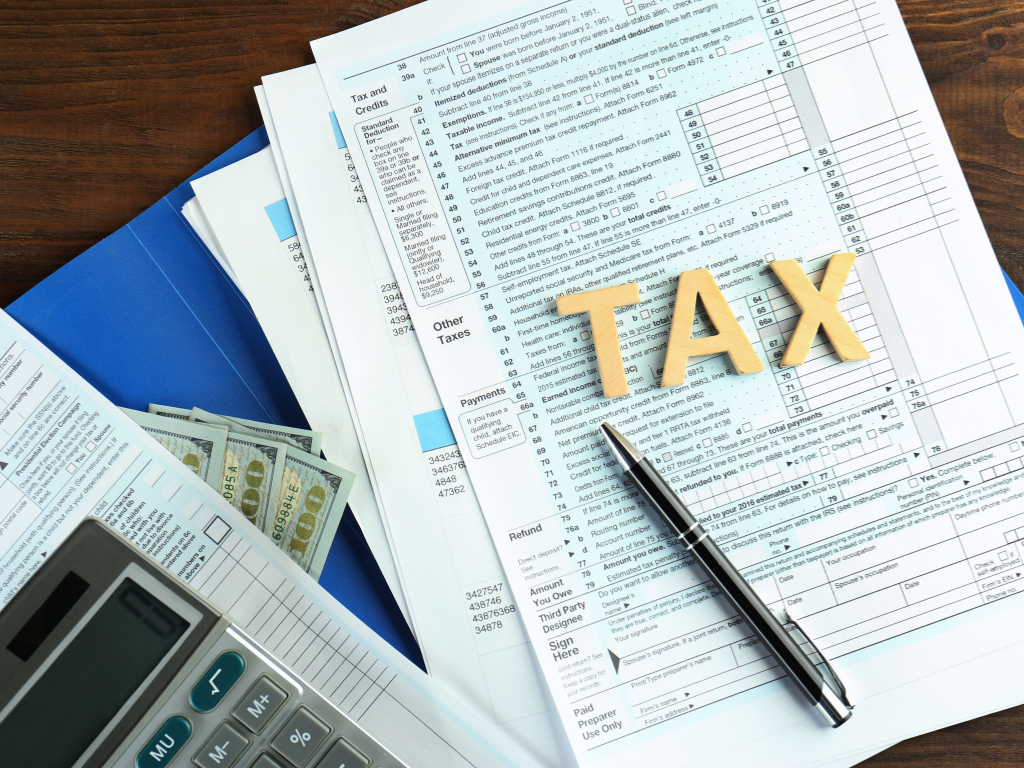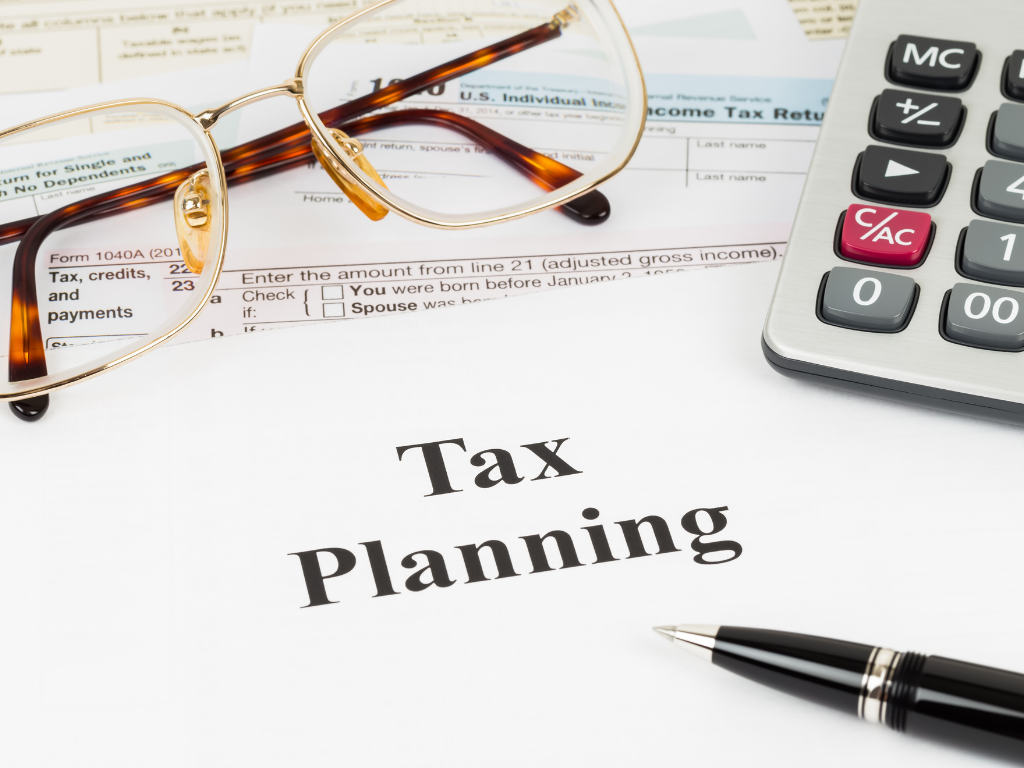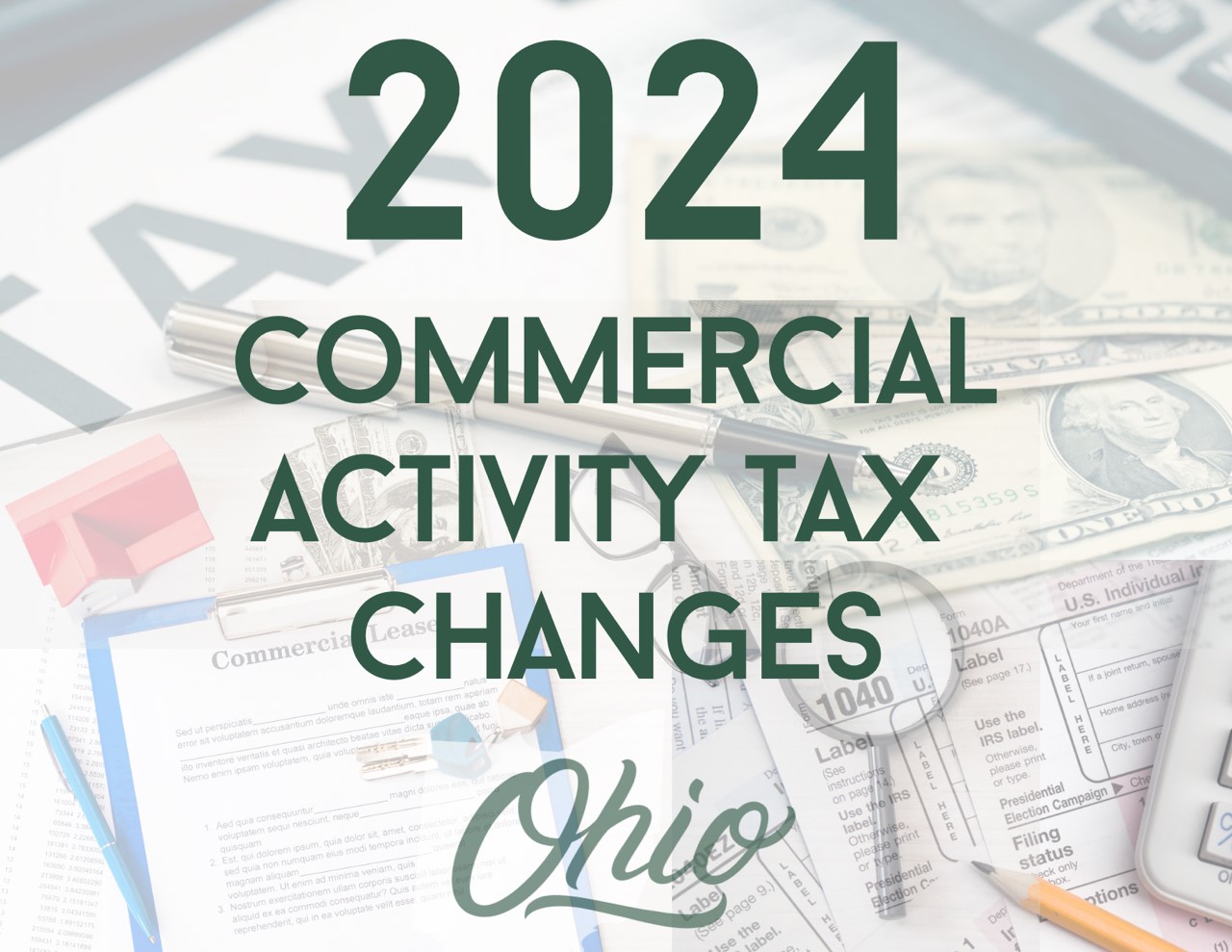The April 15 tax payment deadline for individuals and corporations has been extended 90 days in an effort to provide relief by the U.S. government in the wake of COVID-19 for related business closures and self-isolation requests across the country. While tax payments are postponed, the filing deadline remains April 15. Six-month extensions to file can still be requested.
The extension to pay is capped and limited only to Federal income taxes due on April 15, 2020. Individuals, regardless of filing status, who owe $1 million or less and corporations that owe $10 million or less (Applicable Postponed Payment Amount) are eligible for the extended payment deadline. The thresholds cover many pass-through and small businesses. Interest, penalties and additions to tax related to the postponed payments will not begin until July 16, 2020. If an individual or corporation owes in excess of the amounts above, the excess amount of tax is due and penalties, interest and additions can be assessed to amounts above the Applicable Postponed Payment Amount.
Additionally, the IRS clarified that first quarter estimated tax payments due April 15, 2020, for the 2020 taxable year are postponed. However, second quarter payments are still due June 15. The 2019 Applicable Postponed Payment Amount includes both 2019 federal income tax due April 15, 2020 and first quarter 2020 estimated tax payments due April 15, 2020. If the combined amount exceeds the $1 million or $10 million thresholds, the excess amount must be paid.
States are preparing their own responses to this news as they consider their own tax revenues in light of the economic changes from the virus. Some states are concerned that, with the federal filing deadline potentially in question, those with July fiscal years will have a challenge with revenue projections and budget estimates.
Not extending the filing deadline has raised some concerns in the CPA profession for clients who are elderly and confined to care facilities and cannot easily complete their returns. We are closely monitoring the situation and await further guidance and clarification from the IRS. We will keep you apprised of any changes that impact you or our services.
The rate of tax returns filed as of March 6, 2020, was less than half of the number expected in a typical year suggesting that relief was needed for millions of Americans. While taxpayers who expect to receive refunds typically file early, those expecting to pay often wait until closer to the April 15 deadline. Those individuals and businesses with cash flow concerns will benefit most from the delay.
Please contact our office for any questions on your eligibility to extend your tax payment.
419-625-4942
Sandusky
419-668-2552
Norwalk
Treasury Circular 230 Disclosure
Unless expressly stated otherwise, any federal tax advice contained in this communication is not intended or written to be used, and cannot be used or relied upon, for the purpose of avoiding penalties under the Internal Revenue Code, or for promoting, marketing, or recommending any transaction or matter addressed herein.
 Home
Home Sign In
Sign In Make a Payment
Make a Payment Search
Search










